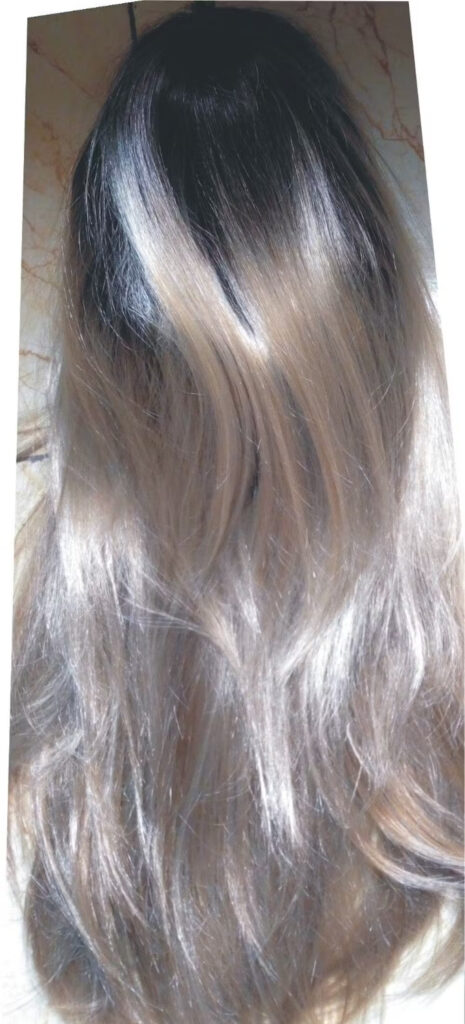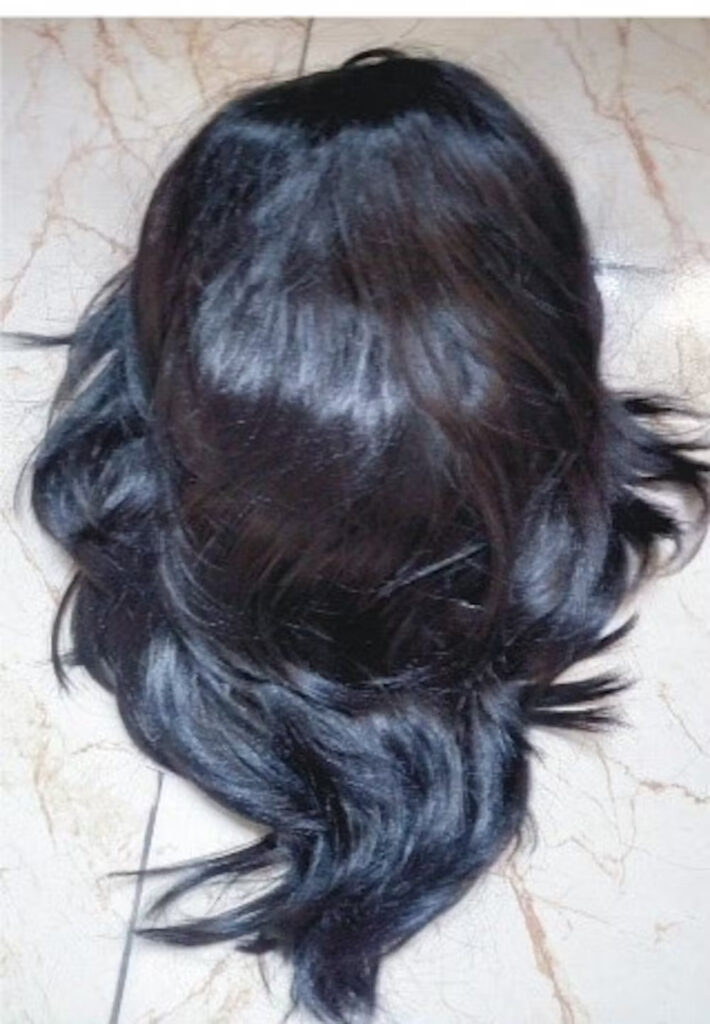For Black women and women of color, hair is often more than just an aesthetic choice—it’s a cultural expression and symbol of identity.
Synthetic braiding hair, wigs, and extensions offer convenience and versatility, becoming staples in many women’s beauty routines. However, a recent study reveals that these products may pose significant health risks due to toxic chemical contaminants.
Researchers examined ten synthetic hair brands from Nigeria, China, Ghana, and the United States, uncovering alarming levels of heavy metals such as lead, cadmium, and chromium, alongside hazardous pesticides. These substances are used in the production of synthetic hair to enhance durability and mimic the appearance of natural hair. Unfortunately, these chemicals can leach out over time, exposing women to potentially harmful toxins.
The Health Risks

Lead, commonly used to stabilize synthetic fibers, poses severe health risks, particularly to children and women. It can impair brain development, damage vital organs, and contribute to conditions such as cancer and thyroid disorders. Similarly, high levels of nitrates found in the hair products are linked to diseases like methemoglobinemia, a blood disorder, and thyroid enlargement.
Synthetic hair often sits close to the scalp, creating a direct pathway for harmful chemicals to enter the body. Prolonged exposure increases the likelihood of skin irritations, respiratory issues, and even reproductive system damage.
Call to Action for Change

Experts are urging regulators and manufacturers to transition to safer materials, such as biodegradable plant fibers and protein blends, which eliminate the need for harmful plastics and chemicals.
These alternatives not only reduce health risks but are also environmentally sustainable, addressing the significant ecological concerns posed by non-biodegradable synthetic hair.
What Can Women Do?
For now, women who use synthetic hair products should consider limiting their exposure and opting for brands that disclose safe and eco-friendly practices. Raising awareness about these risks is critical, particularly in communities where synthetic hair is a cultural and economic cornerstone.
This study is a wake-up call for everyone to prioritize the health and safety of Black women—who are often disproportionately affected by such hidden dangers.
